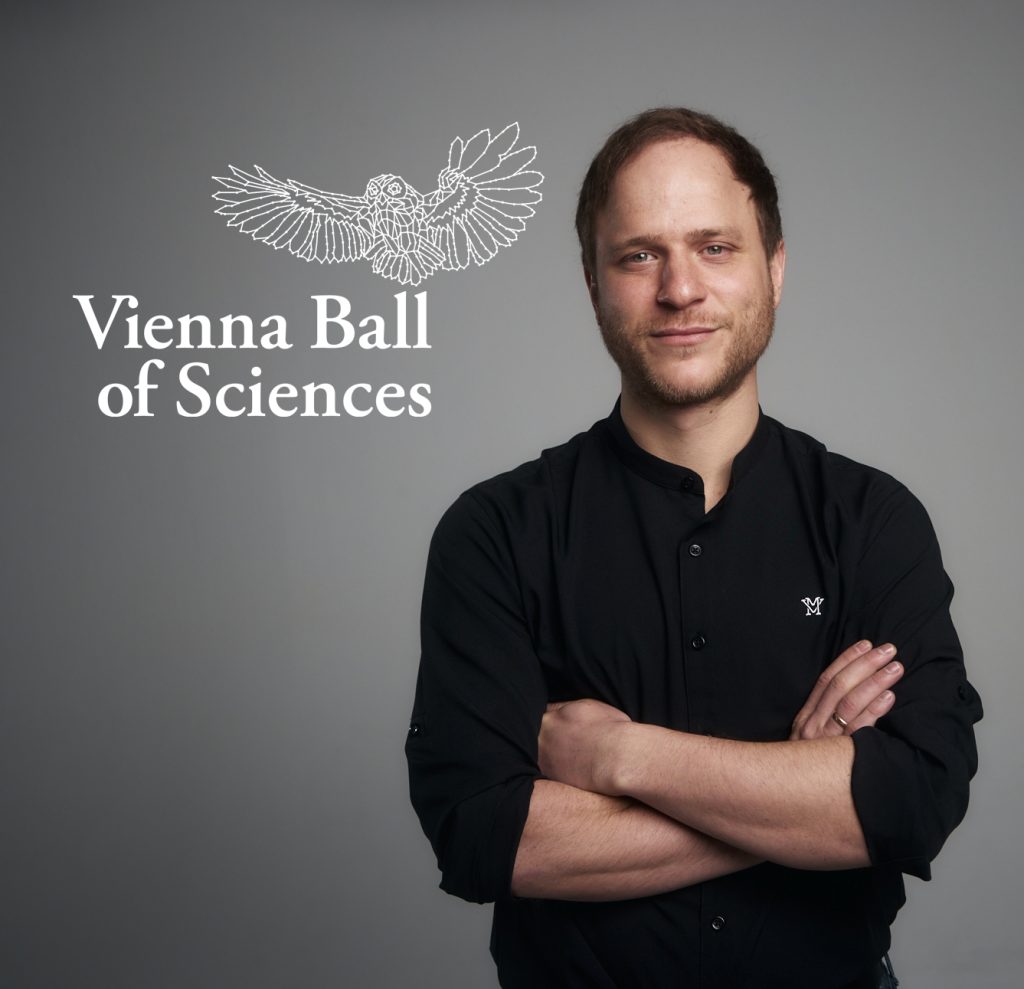“In the beginning was the Word, and the Word was with God, and the Word was God” (John 1:1). Science begins with the Word, which sets out in search of the truth. Truth is revealed to man in creation or, in other words, through the natural-scientific world, as atheistic schools of thought formulate it. On paper, the path to knowledge is quite simple – but man, in this case Goethe’s Faust, almost despairs of it and does not get anywhere. Years of study do not make our Dr Faustus any smarter: “There I stand now, poor fool, And am as clever as before!”. Absurd to chase after knowledge, or what drives us to want to acquire knowledge anyway?
For me, it is a declaration of love to God and an interest in creation. As a lover, I want to know more about my beloved, to penetrate him or her completely. Science approaches the ultimate mysteries of our world; it is, in the sense of Johann Gottlieb Fichte, the art of using knowledge. Always at the risk of misusing it and making mistakes. Boldness and courage are closely linked to it. Knowledge is perceived and elaborated by man, sometimes corrupted by him. Science/knowledge creates comfort with regard to infinity. Knowledge creates tolerance, openness and inclusion. Or as Albert Einstein put it: “Science without religion is lame, religion without science is blind.”
Adrian Goiginger is an Austrian author and film director, known for The Best of All Worlds (2017), The Fox (2022) and Rickerl (2023).
